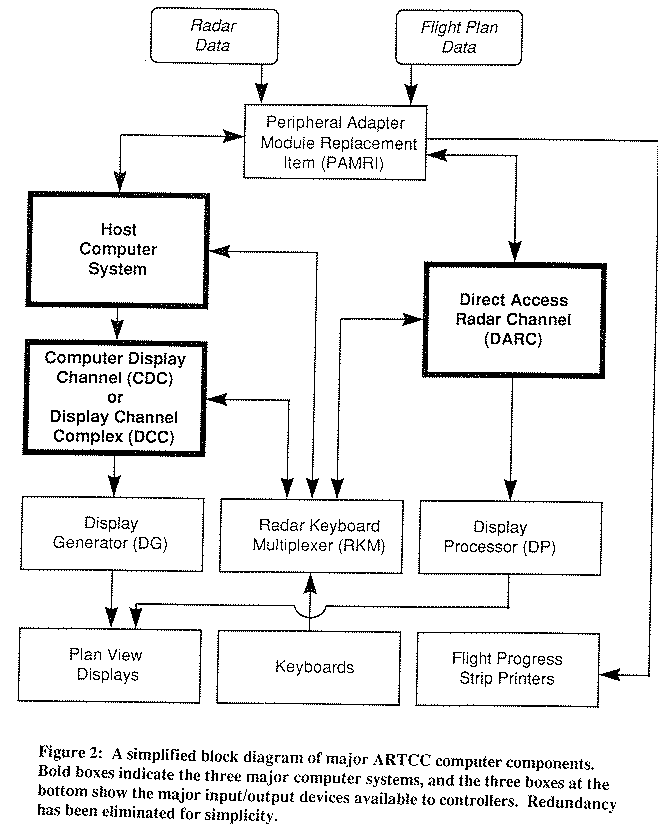Premium Car Sales In China: Challenges Faced By BMW, Porsche, And Others

Table of Contents
Intense Competition from Domestic Brands
The Chinese automotive industry has witnessed a remarkable transformation, with domestic brands rapidly gaining traction in the premium segment. This poses a significant threat to established international players like BMW and Porsche.
Rise of Local Competitors
Chinese luxury car brands are no longer simply imitators; they are developing sophisticated, technologically advanced vehicles that directly compete with offerings from global giants. Companies like Hongqi, BYD's premium line (Denza and Yangwang), and Nio are rapidly gaining market share, fueled by competitive pricing and innovative features.
- Market Share Data: Recent reports indicate a steady increase in the market share of Chinese luxury brands, eroding the dominance of traditional European players. This shift reflects a growing preference amongst Chinese consumers for domestically produced premium vehicles.
- Direct Competition: Models such as the Hongqi H9 directly challenge the BMW 5 Series and the E-HS9 from Nio rivals the BMW X5. BYD's Yangwang U8 aims to capture the high-end SUV market previously dominated by Porsche and other European brands.
- Government Support: Significant government support and incentives aimed at bolstering the domestic auto industry further empower these Chinese brands, providing them with a competitive edge in terms of research and development, and manufacturing capabilities.
Shifting Consumer Preferences
Beyond the rise of domestic competitors, premium car sales in China are also influenced by evolving consumer preferences. Technological advancements, design trends, and brand loyalty are all key factors shaping buying decisions.
- Digital Marketing: Online sales channels and sophisticated digital marketing strategies are crucial for reaching the tech-savvy Chinese consumer, who increasingly researches and purchases vehicles online.
- Electric Vehicle Demand: The surge in demand for electric vehicles (EVs) is putting immense pressure on established brands to offer competitive EV options. Failure to adapt to this trend risks losing market share to domestic EV manufacturers.
- Social Media Influence: Social media platforms and celebrity endorsements play a crucial role in shaping brand perception and influencing purchasing decisions among Chinese consumers. A strong online presence and strategic partnerships are becoming essential for premium brands.
Navigating Regulatory and Economic Hurdles
Beyond competition, premium automakers face significant regulatory and economic challenges in China. These hurdles influence production costs, import tariffs, and overall profitability.
Stringent Emission Regulations
China's increasingly stringent emission standards and ambitious targets for electric vehicle adoption create substantial challenges for international brands.
- EV Quotas: Meeting China's strict quotas for electric and new energy vehicles (NEVs) requires significant investment in new technologies and manufacturing capabilities.
- Technological Adoption Costs: Adapting to meet these regulations necessitates substantial investment in research and development, leading to increased production costs and potential price increases.
- Penalties for Non-Compliance: Non-compliance with emission regulations can result in hefty fines and reputational damage, further impacting profitability.
Economic Fluctuations and Trade Tensions
Economic downturns and geopolitical tensions can significantly influence consumer spending and import costs, creating instability in the premium car market.
- Macroeconomic Factors: Fluctuations in the Chinese economy directly impact consumer confidence and spending on luxury goods, including premium vehicles.
- Tariffs and Trade Restrictions: Trade disputes and tariffs can increase import costs, making premium cars more expensive for Chinese consumers and reducing profit margins for international brands.
- Currency Exchange Rates: Fluctuations in currency exchange rates can also significantly affect the profitability of importing and selling premium vehicles in China.
Maintaining Brand Image and Customer Experience
Building and maintaining a strong brand image and positive customer experience are crucial for success in the competitive Chinese market.
Adapting to Chinese Consumer Needs
Localization strategies are paramount for premium brands seeking to resonate with Chinese consumers. This includes tailored models, marketing campaigns, and after-sales services.
- Cultural Nuances: Understanding and adapting to specific cultural nuances and preferences is crucial for effective marketing and product development.
- Successful Localization Examples: Successful premium brands demonstrate strong localization efforts, incorporating features specific to the Chinese market and employing culturally relevant marketing techniques.
- CRM Systems: Effective customer relationship management (CRM) systems are vital for fostering customer loyalty and building strong relationships.
Building Trust and Brand Loyalty
Building trust and fostering customer loyalty in a competitive market is challenging but essential for long-term success.
- Customer Service: Exceptional customer service and after-sales support are crucial for building positive brand perceptions and maintaining customer satisfaction.
- Digital Brand Building: Utilizing digital platforms and social media effectively can build brand relationships and directly engage with potential and current customers.
- Reputation Management: Addressing negative reviews and proactively managing brand reputation online is critical for maintaining a positive brand image in the competitive digital landscape.
Conclusion
The Chinese premium car market presents a dynamic and challenging environment for international brands like BMW and Porsche. Success depends on adapting to intense domestic competition, navigating complex regulatory hurdles, and understanding the evolving preferences of Chinese consumers. By focusing on strategic localization, technological innovation, and building strong customer relationships, premium automakers can increase their chances of thriving in this lucrative but fiercely competitive market. Continued research into the intricacies of premium car sales in China and its evolving trends is crucial for achieving sustained success in this dynamic sector.

Featured Posts
-
 Black Screens Silent Radios The Growing Threat Of Atc Outages
May 22, 2025
Black Screens Silent Radios The Growing Threat Of Atc Outages
May 22, 2025 -
 Gas Price Relief Toledo Experiences Weekly Decline
May 22, 2025
Gas Price Relief Toledo Experiences Weekly Decline
May 22, 2025 -
 Second Reintroduced Colorado Gray Wolf Found Dead In Wyoming
May 22, 2025
Second Reintroduced Colorado Gray Wolf Found Dead In Wyoming
May 22, 2025 -
 Geen Stijl Vs Abn Amro De Betaalbaarheid Van Nederlandse Huizen
May 22, 2025
Geen Stijl Vs Abn Amro De Betaalbaarheid Van Nederlandse Huizen
May 22, 2025 -
 Sibiga Proviv Peregovori Z Senatorami Rubio Ta Gremom
May 22, 2025
Sibiga Proviv Peregovori Z Senatorami Rubio Ta Gremom
May 22, 2025
